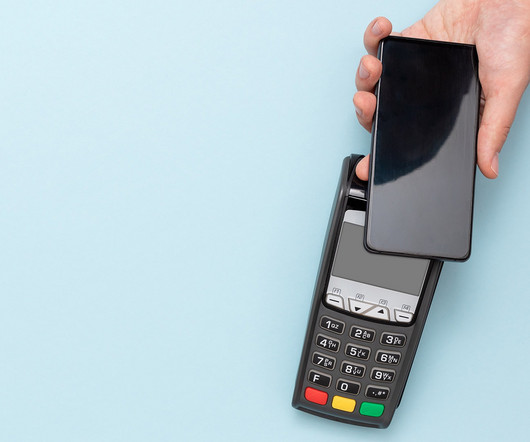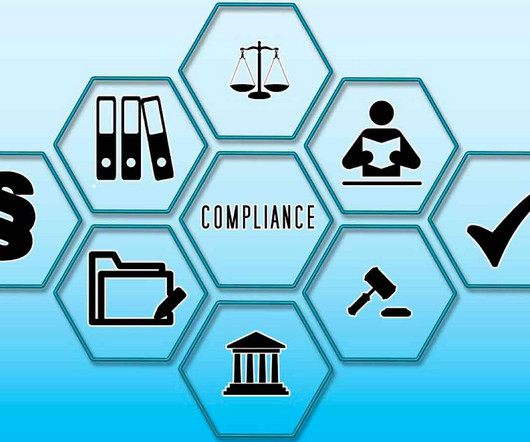Mobile Credit Card Processing Explained: What Business Owners Need to Know
Stax
APRIL 18, 2024
What is mobile credit card processing? Mobile credit card processing refers to the capability of accepting credit card payments using a mobile device equipped with a card reader and specialized software. You should also consider what features you may want as your business grows.














Let's personalize your content